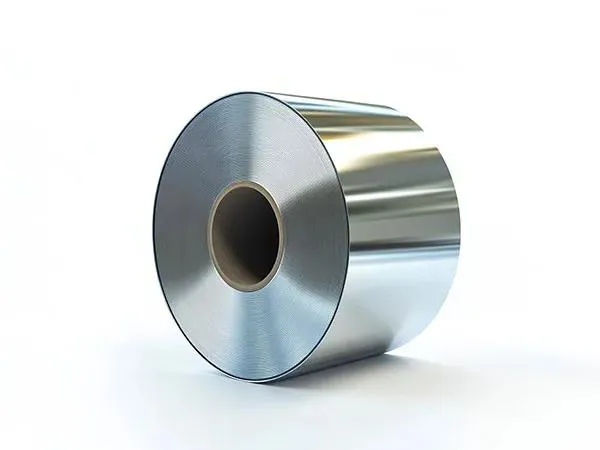Aluminum Coil Thickness Guide: Choosing the Right Coil for Maximum Performance
Choosing the right aluminum coil thickness is a critical step that can make or break your project’s success. From construction and automotive manufacturing to aerospace and packaging, selecting the optimal coil ensures durability, flexibility, and cost-efficiency. In this comprehensive Aluminum coil thickness guide, we’ll walk you through the key factors to consider, common thickness ranges, and expert tips to help you make informed decisions and maximize performance for your specific application.
Aluminum Coil Thickness Guide: How to Choose the Right Coil for Your Project

Selecting the right aluminum coil thickness is a crucial step that directly affects both project performance and material cost-efficiency. Whether your project involves construction, automotive manufacturing, aerospace components, or packaging solutions, understanding how to match coil thickness to your requirements ensures optimal results and long-lasting performance.
Why Aluminum Coil Thickness Matters
Aluminum coils come in a variety of thicknesses, typically measured in millimeters or gauge. The thickness you choose impacts several critical factors:
Structural Strength: Thicker coils provide greater durability and load-bearing capacity, ideal for roofing, siding, and industrial structures.
Flexibility and Forming: Thinner coils are easier to bend, cut, or roll, making them perfect for automotive panels, decorative designs, and lightweight components.
Weight Considerations: Lighter coils reduce overall project weight, crucial in aerospace, transportation, and energy-efficient applications.
Cost Efficiency: Choosing a coil thicker than necessary increases material costs, while too thin may compromise performance.
Key Factors When Selecting Aluminum Coil Thickness
Application Requirements
Identify the primary function of your aluminum coil. Structural projects require thicker coils, while decorative or lightweight applications can perform well with thinner materials.
Environmental Conditions
Consider the operating environment: exposure to moisture, extreme temperatures, or corrosive elements may necessitate thicker or specially coated coils.
…
For more detailed information on aluminum coil thickness selection guidelines, please click here:https://www.dw-al.com/a/news/aluminum-coil-thickness-selection-guide.html


